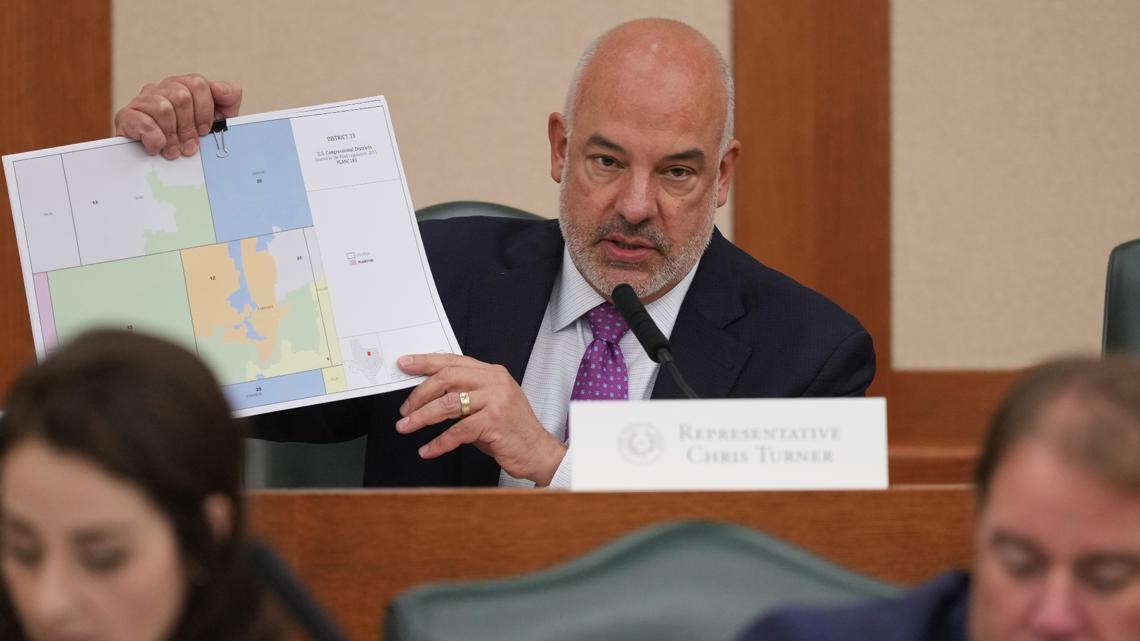With the quorum broken in the ongoing special session, it remains to be seen when flood-related legislation may be voted on.
SAN ANTONIO — One month after the catastrophic July Fourth floods that ripped through Kerr County, killing more than 100 in that part of the Texas Hill Country, flooding preparedness is on the agenda for the special session of the Texas Legislature.
But it’s no longer the dominant topic out of Austin this week after dozens of Texas Democrats fled the state in order to try to prevent a vote on a different priority of Gov. Greg Abbott’s: approval of a new, mid-decade redistricting map being pursued by President Donald Trump to ensure a Republican majority in the U.S. House next year.
More than 50 Democrats fled to Illinois and other states Sunday, preventing a quorum when legislators reconvened Monday afternoon and effectively putting the Legislature at a standstill as Abbott calls for those lawmakers to be arrested.


That means special session topics like property taxes, the STAAR Test, THC, protections for human trafficking victims and flood preparedness can’t advance further in the 30-day session slated to end Aug. 19.
As of Monday, nearly 30 pieces of flood-related legislation from Texas Republicans and Democrats have been filed for consideration during the special session. Of those, only four largely focused on flood safety requirements for youth camps had been referred to the Select Senate Committee for Disaster Preparedness and Flooding.
One piece of proposed legislation, House Bill 19, which would require Texas campgrounds to establish flood disaster plans and would set penalties if they don’t, was scheduled for a public hearing Tuesday. It’s unclear whether that will still happen should Texas Democrats remain out of state.
Kerr County, unlike neighboring communities, didn’t have flood sirens the morning of July 4 and still doesn’t. But Lt. Gov. Dan Patrick said sirens could have saved lives. House Bill 242, filed by Rep. Cecil Bell, would require that outdoor warning sirens be installed in “flood-risk zones,” but it hasn’t yet made it to a committee.
Early on in the special session, Texas Democrats had expressed frustration that flood relief and disaster mitigation wasn’t being prioritized over redistricting as search efforts continue for missing people in the Hill Country. On the first day of the session, the Senate adopted a resolution requiring only five days’ notice before public hearings on redistricting, an issue which has national implications.
Senate Bill 4, which relates to the redistricting efforts, was officially filed Monday. But no votes can be taken while there’s no two-thirds quorum in the Legislature, composed of 150 members of the Texas House and 31 in the Texas Senate.
The absent House Democrats have threatened to remain outside Texas for the entire special session, but Abbott can continue to call for more special sessions until one side blinks. In 2023, four special sessions followed the regularly scheduled convening of the Legislature.
Most special session bills, if passed and signed by Abbott, would go into effect three months after the session ends.
